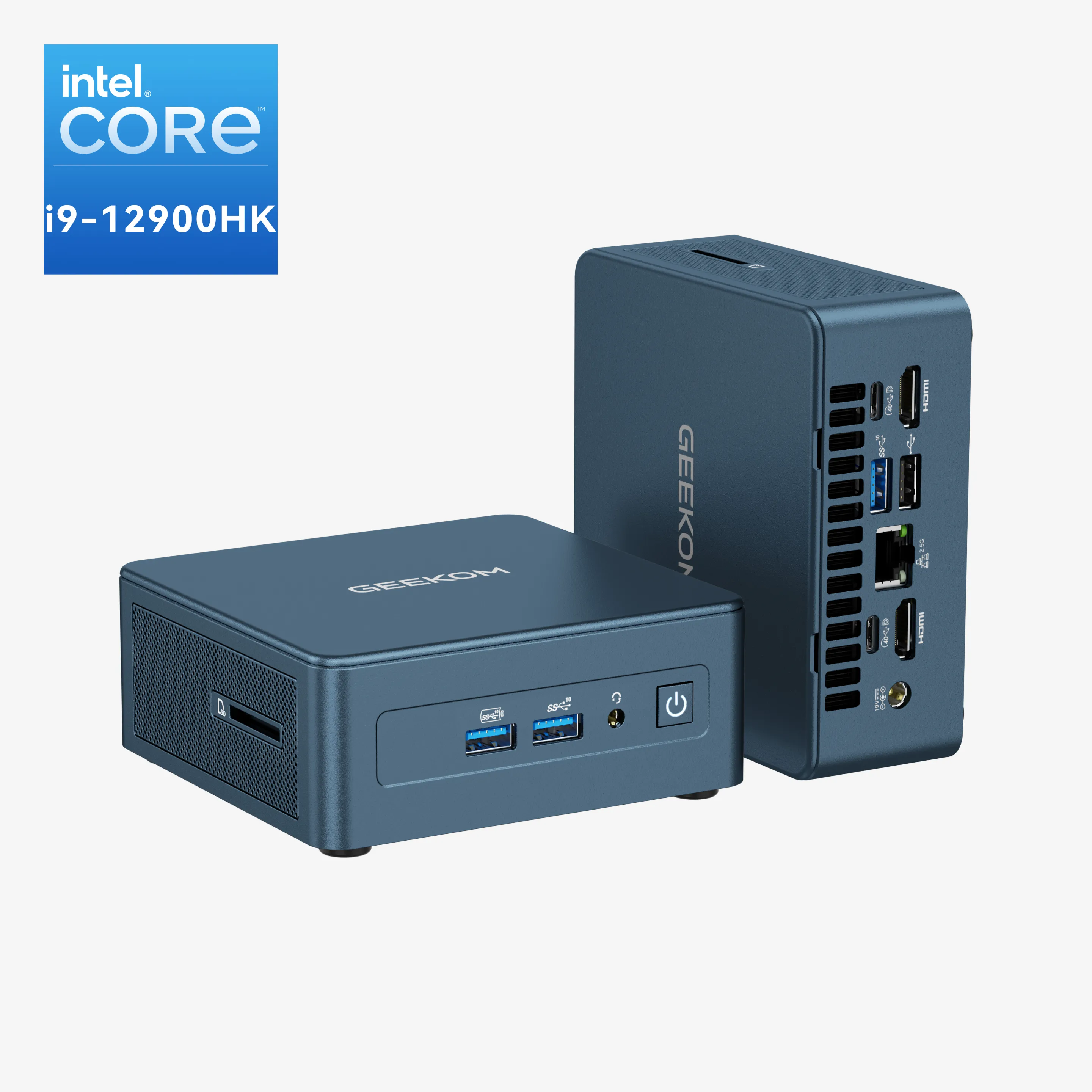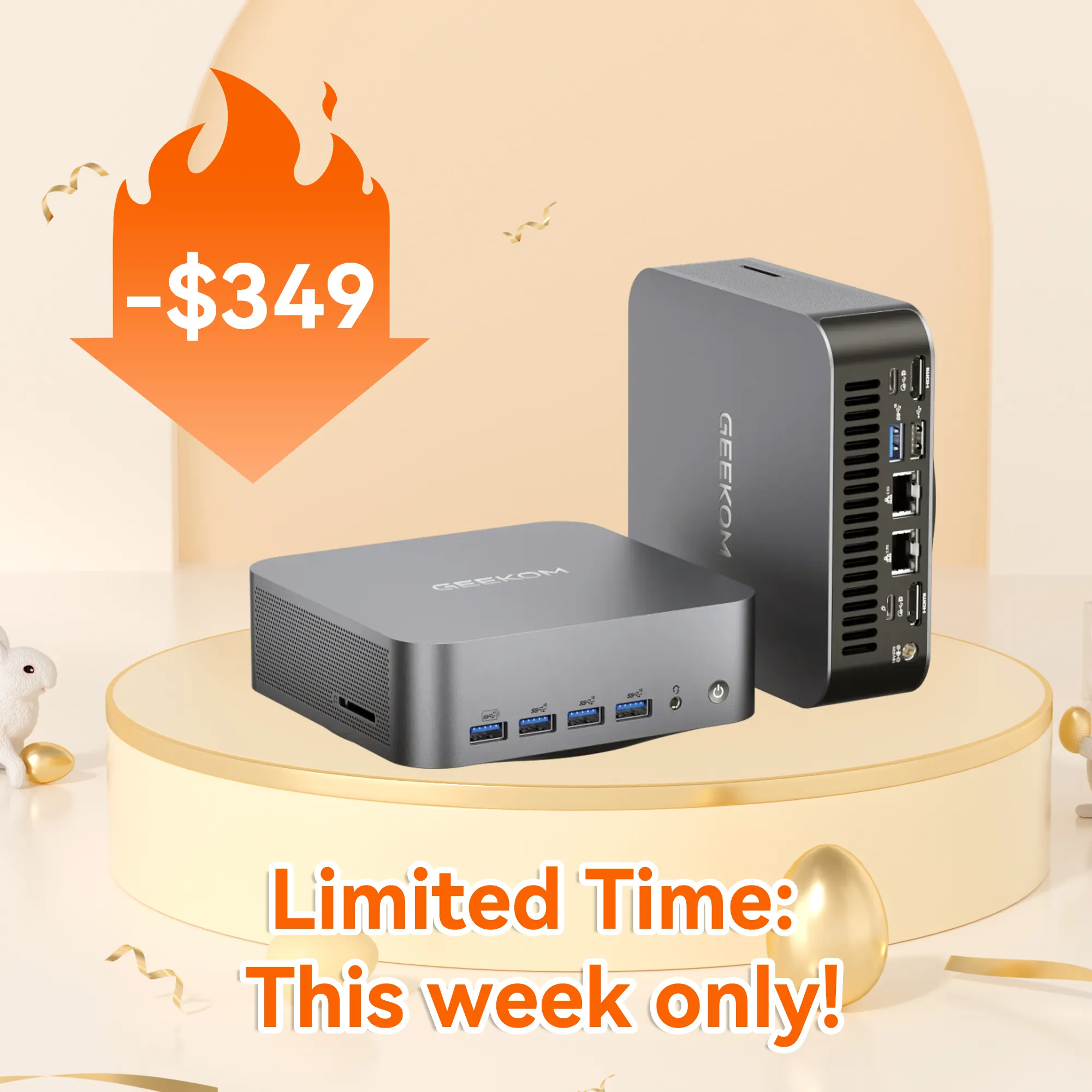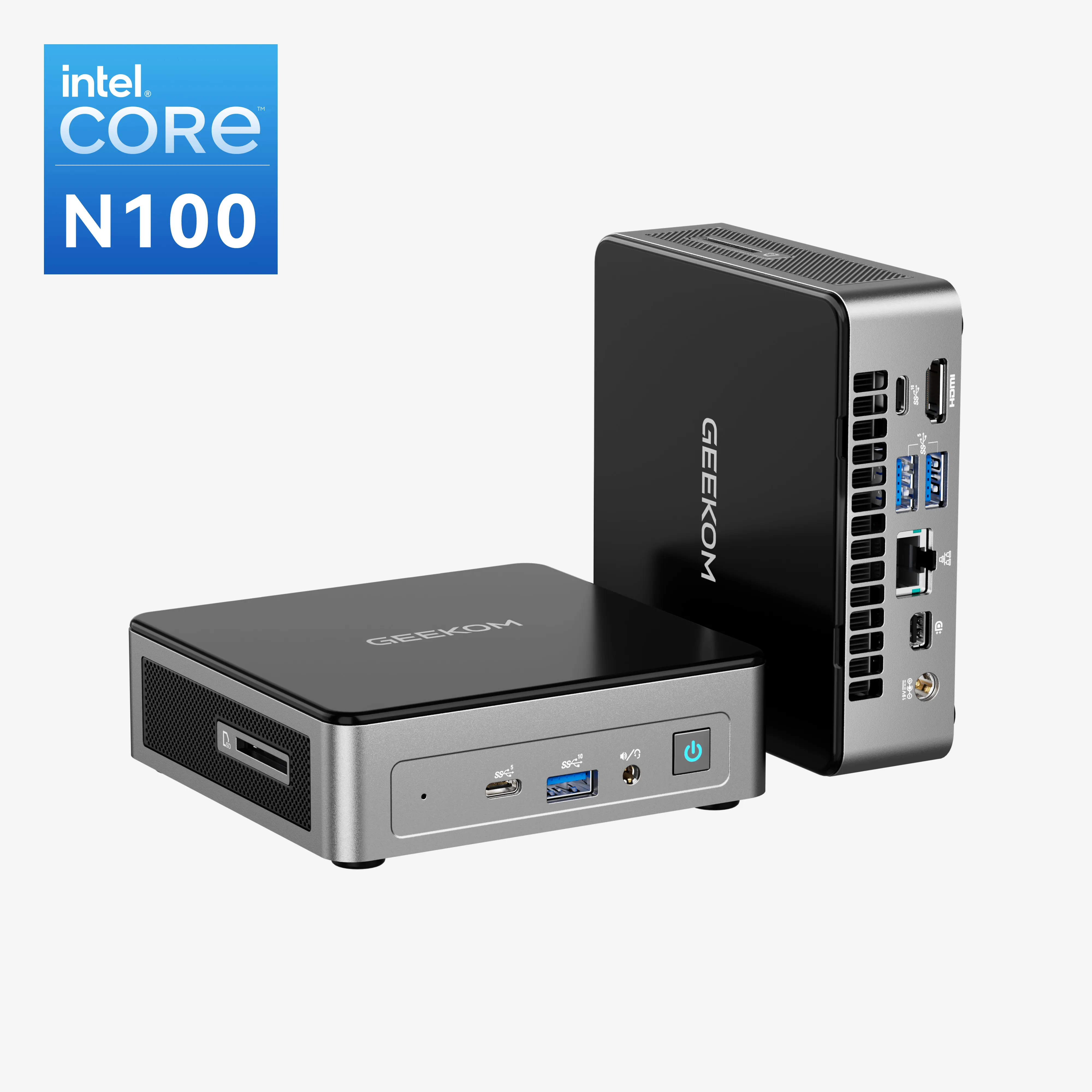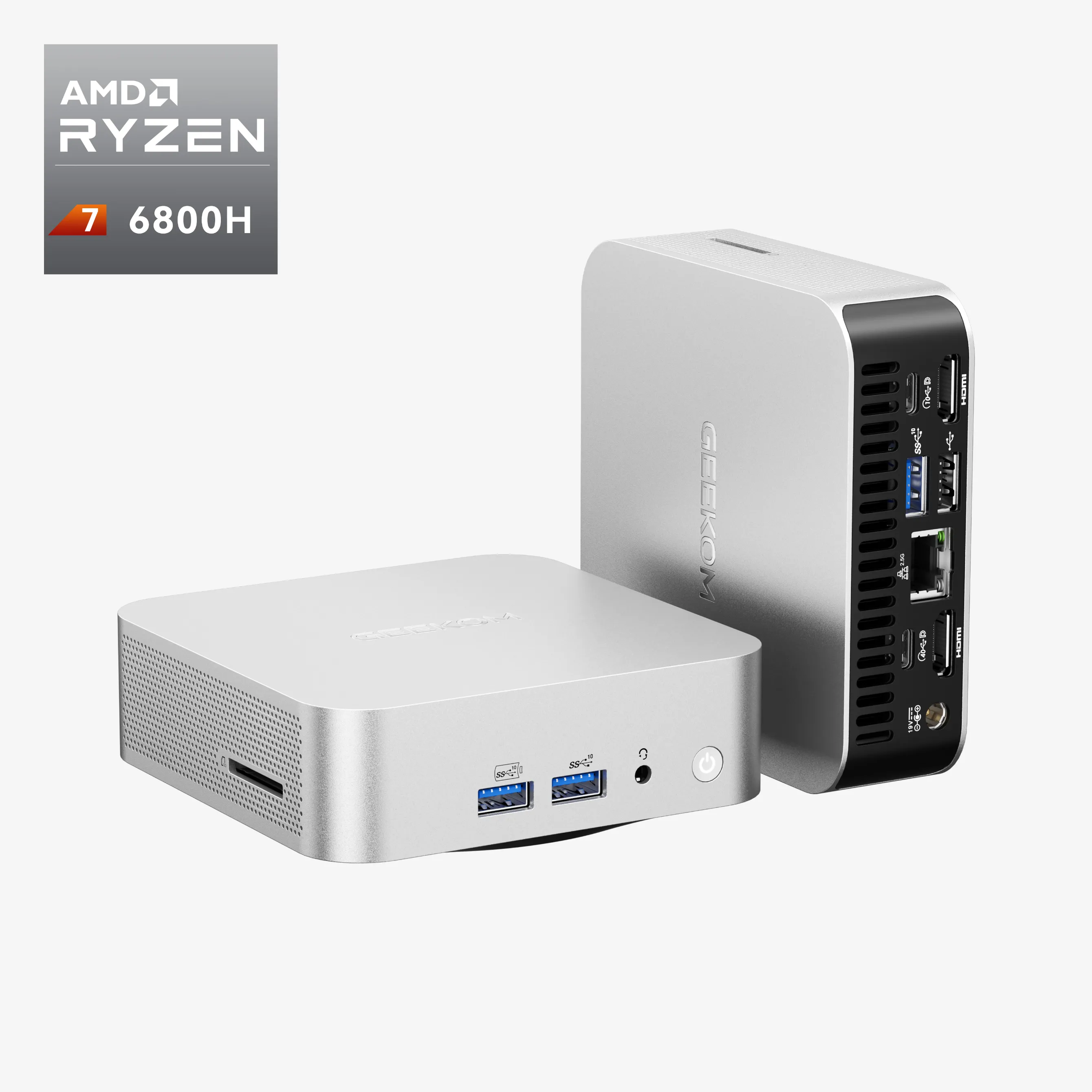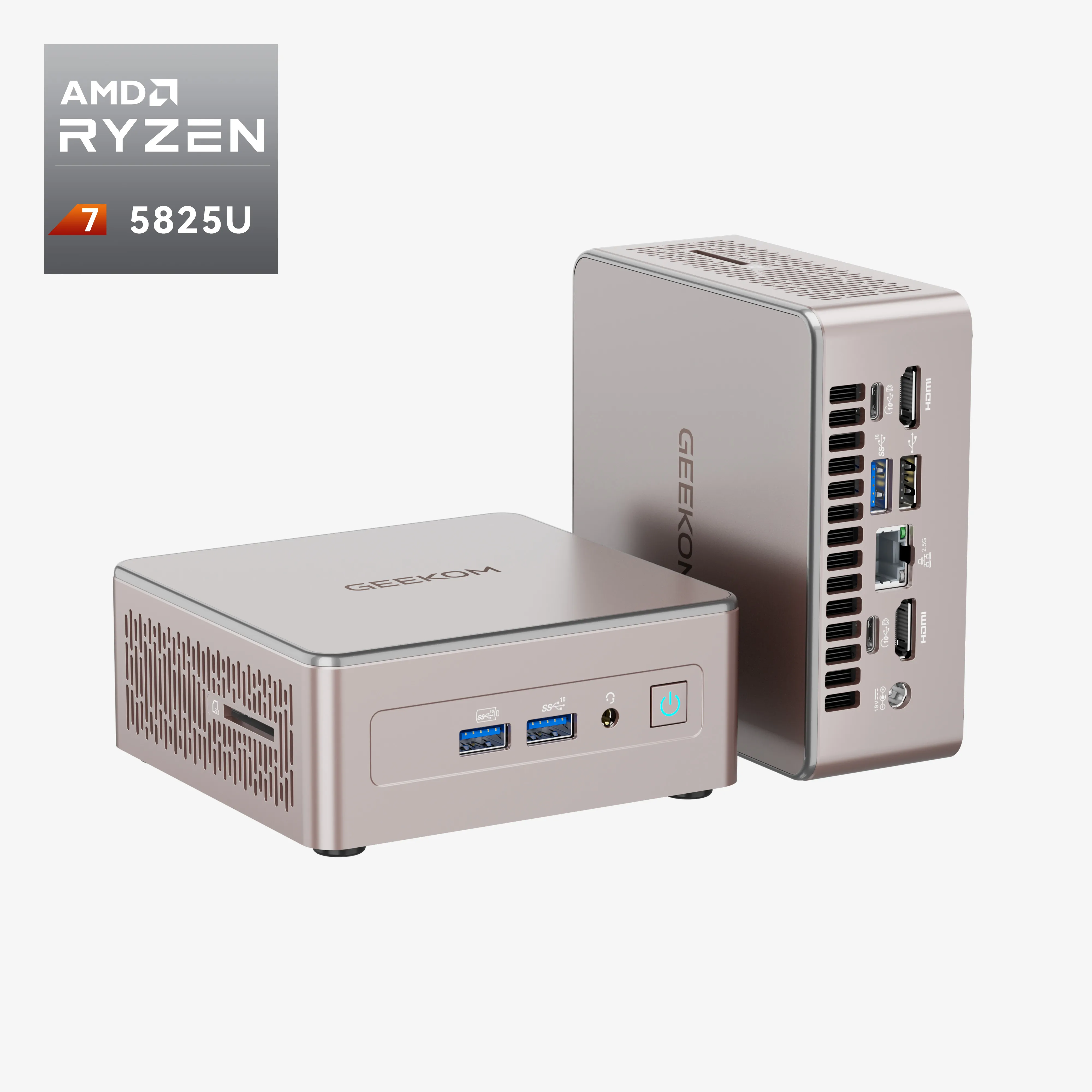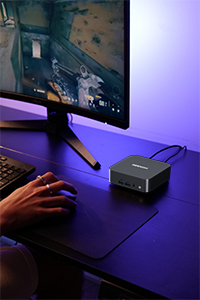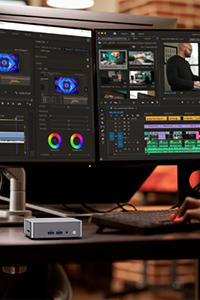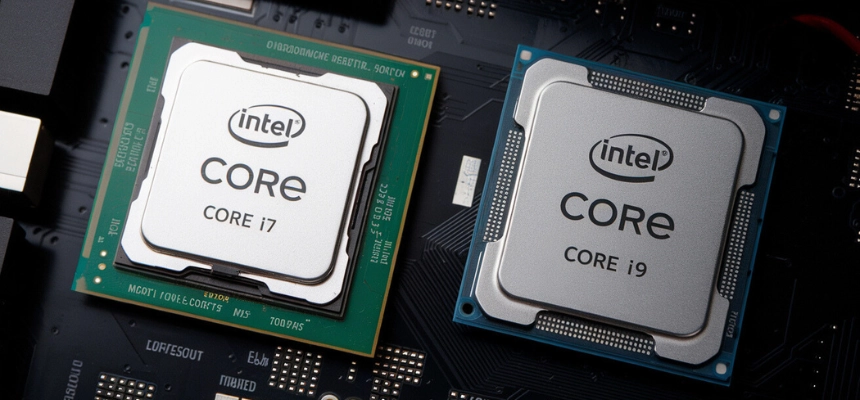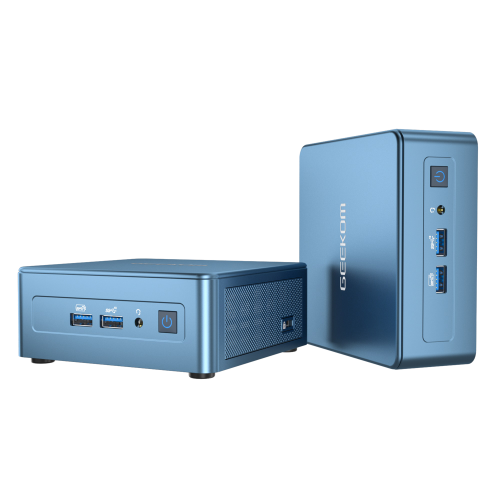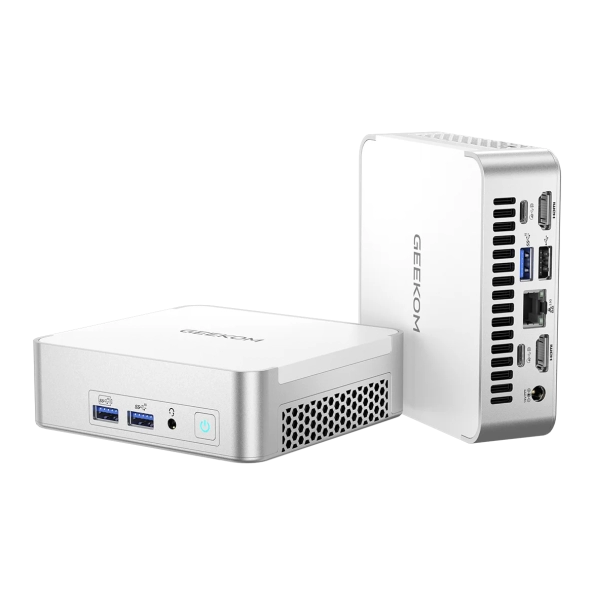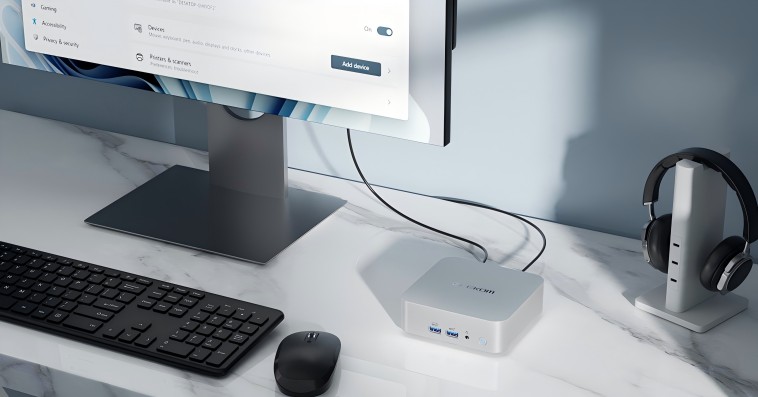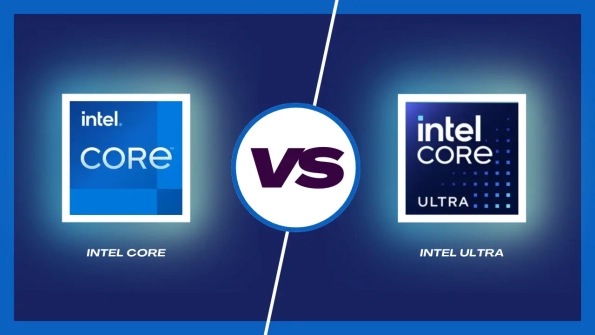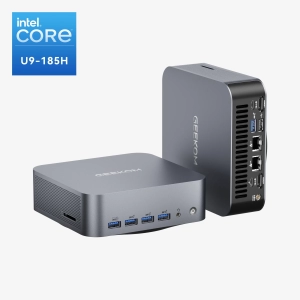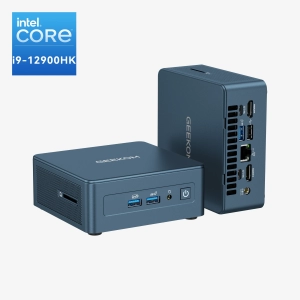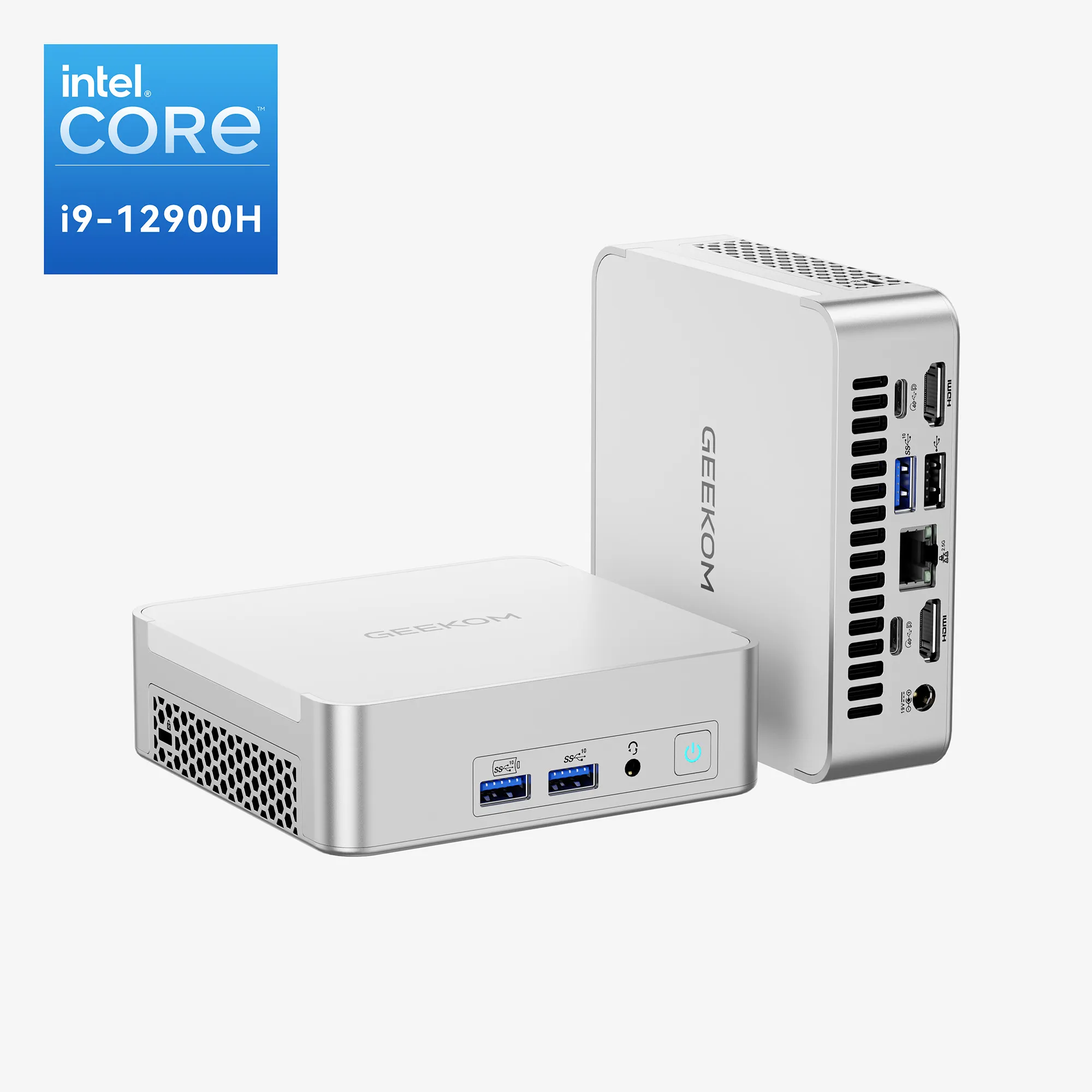Introduction
In today’s fast-paced technological landscape, it is more critical than ever to choose the right processor that fits your needs. After all, whether you are a gamer, a video editor, or need good multitasking for working, the performance of your processor will greatly affect your computing experience. Of the many processors available for personal computing, Intel boasts a wide range of Core series processors.
The Core i7 and i9 processors are the best that Intel offers as the highest-performing, technologically advanced processors. Each new generation builds on the previous one but generally manages to be higher on performance, lower on power drain, and offer more feature options. However, certainly for many, deciding between these two high-performance processor series may be a very tough task.
The article aims to explore various aspects of the respective Intel Core i7 and Core i9 processors, including their historical upgradation, processor specifications, performance on desktops and laptops, gamer stats available, and price analysis. This comprehensive, thorough analysis and comparison will allow you to understand better the good and the not-so-good in both of these processors and will provide you with helpful buying pointers based on your specific needs and closely-knit budget.
Intel i7 vs i9: Historical Overview
The Intel Core i7 and i9 processors underwent tremendous evolution since their introduction, with every generation demonstrating new developments suitable for a varying mix of computing needs. The Intel Core i7 series, introduced in 2008, had Hyper-Threading technology that allowed each core to handle two threads at the same time. This made the i7 the best option for multitasking and content creation, setting the benchmark for desktop processors.
The Core i9 series was introduced in 2017 and targeted high-end desktop (HEDT) users and enthusiasts keen on building alluring cores and threads, higher clock speeds, and powerful features that catered to power users and professional content creators. Over the evolution of time, however, both the i7 and i9 series continued improving and maturing into great tools for several applications.
Comparison of Some Processors from the Series:
| Processor | Cores/Threads | Clock Speed (Base/Boost) | Key Features | Target Audience |
| Intel Core i7-9700K | 8/8 | 3.6 GHz / 4.9 GHz | No Hyper-Threading | Gamers, General Use |
| Intel Core i9-9900K | 8/16 | 3.6 GHz / 5.0 GHz | Hyper-Threading | Enthusiast Gamers, Content Creators |
| Intel Core i9-9900KS | 8/16 | 4.0 GHz / 5.0 GHz | Higher clock speeds | Enthusiast Content Creators |
| Intel Core i9-10980XE | 18/36 | 3.0 GHz / 4.6 GHz | Extreme Edition, High core count | Professional Content Creators |
| Intel Core i9-11900K | 8/16 | 3.5 GHz / 5.3 GHz | Improved IPC, Integrated Graphics | Gamers, Professional Use |
| Intel Core i7-14700K | 8/16 | 3.4 GHz / 5.6 GHz | Latest Gen, Improved Efficiency | Gamers, Content Creators |
The i9-9900K, released in 2018 with specifications of 8 cores and 16 threads, set a new standard for performance in gaming and professional applications. Enhancing the clock speeds further was the special edition of the i9-9900KS and thus a preferred choice of enthusiast content creators. The i9-10980XE Extreme Edition was the last word in HEDT performance with its 18 cores and 36 Threads, meant to handle the heaviest workloads from 3D rendering and video editing.
The 11th Gen Intel Core was represented by the i9-11900K, which paraded significant architectural improvements yielding higher IPC (instructions per cycle). With 8 core-16 threads and integrated graphics processors (IGP), it flexed its versatility for both gaming and professional use. Meanwhile, the second member of this family, together with the i9-9900K, and the Core i7-9700K, offered very good performance for gaming and general computing tasks, offering users the more economical option of opting out of Hyper-Threading.
The Core i7-14700K maintains high performance with significantly improved efficiency and enhanced features. It presents a fine balance of cores, threads, and clock speeds that make it ideal for every kind of will-from gaming to content production.
Improvements in Intel Core i7 and i9 processors have a great deal to offer content creators and gamers. Improved core and thread counts and the adoption of features such as Hyper-Threading as well as advanced IGPs now enable better multitasking and rendering times, making any gamer or enthusiastic content creator a great fan of the product installation. A lesson of this sort of historical evolution presents considerable logged technological advances that serve to fit customer choices only depending on their needs.
Intel Core i9 vs i7: Specifications Comparison
Comparison of the Intel Core i7 vs. the i9 necessitates a detailed study of technical specifications within the context of performance and capability. We will be discussing the latest and most widely circulated processors of the 13th generation, primarily the Intel Core i7-13700K and Intel Core i9-13900K. These processors also target the mainstream desktop audience, balancing performance with efficiency.
| Specification | Intel Core i7-13700K | Intel Core i9-13900K |
| Total Cores | 16 (8P + 8E) | 24 (8P + 16E) |
| Total Threads | 24 | 32 |
| P-Cores (Performance) | 8 | 8 |
| E-Cores (Efficiency) | 8 | 16 |
| Base Clock Speed | 3.4 GHz (P-Cores) | 3.0 GHz (P-Cores) |
| Max Turbo Frequency | 5.4 GHz (P-Cores) | 5.8 GHz (P-Cores) |
| Cache | 30 MB L3 | 36 MB L3 |
| Base Power Usage | 125W | 125W |
| Turbo Power Usage | 253W | 253W |
| Overclocking | Yes | Yes |
The Intel Core i7-13700K is an above-average processor with 16 cores: 8 performance cores-P-Cores-and 8 efficiency cores-E-Cores, thus allowing it to support 24 threads. It is likely intended for high-performance tasks, such as gaming and video editing while the E-Cores handle background processes and other less demanding tasks. Meanwhile, the i7-13700K can multitask without compromising on performance for critical apps.
The Intel Core i9-13900K has a rising workstation cutout with 24 cores, comprising eight P-cores and 16 E-cores, and can support 32 threads. It is made for heavy-duty tasks in a multitasking professional environment. Higher core and thread count enables the i9-13900K to take more simultaneous tasks while maintaining a closer eye on power consumption.
Different clock speeds and architectures are other keys as, with base speeds of 3.4 GHz and turbo clocks going up to a super-fast 5.4 GHz, the i7-13700K has slightly better turbo clock speeds than differencing clock speeds. On the other hand, the Intel i9-13900K holds a base clock in units of 3.0 GHz slightly lower; nonetheless, turbo speeds meet a whopping maximum possible number of 5.8 GHz.
While cache size is also a key factor fast L3 cache of 30 MB on the i7-13700K and a whopping 36 MB on the i9-13900K, it is optimized for professional content creators dealing with heavy workloads.
Power consumption is, undoubtedly, a vital parameter that must be borne in mind when dealing with high-performance chips. With a basic TDP of 125W, the i7-13700K and i9-13900K are pretty ordinary for a high-end desktop processor. Both can ramp up to 253W under turbo mode, further stating the case for their performance credentials during extreme workloads. However, with this kind of power draw comes the necessity for proper cooling solutions, especially during overclocking so the heat will be properly dissipated.
Both processors support overclocking, allowing hobbyists to substantially raise their CPUs beyond standard performance limits. This becomes an enticing prospect for users keen on perfecting every ounce of their system, given that they have the appropriate cooling and power supply to work with.
To sum up, the Intel Core i7-13700K is a hybrid combination of efficiency and performance cores that allows for a one-setting solution across gaming to content creation. Boasted turbo frequency and large cache size will command solid performance across various applications.
Alternatively, with the most cores and threads, the biggest cache, and the fastest turbo frequency, the Intel Core i9-13900K is designed for power users accustomed to squeezing the last drops from their CPUs when doing intensive applications and multitasking. Familiarity with the said specifications empowers the user to make an educated decision as to whether he will select gaming, professional work, or general computing-off-the-shelf settings in RAM requirements.
i7 vs i9: Desktop Performance
While comparing the performance of Intel Core i7-13700K and Intel Core i9-13900K in desktops, some benchmark scores and real-world usage scenarios should be placed in the background. These processors are meant to build a mid-range desktop with an effective balance of performance and efficiency cores.
Benchmark Scores
| Processor | PassMark CPU Mark | Cinebench R23 (Multi-Core) | Cinebench R23 (Single-Core) |
| Intel Core i7-13700K | 34,500 | 27,000 | 2,050 |
| Intel Core i9-13900K | 41,000 | 32,500 | 2,200 |
Performance Analysis
The Intel Core i7-13700K is endowed with 16 cores (eight performance plus eight efficiency cores) and 24 threads whereas the Intel Core i9-13900K has 24 cores that are composed of 8 performance cores and 16 efficiency cores, with a total of 32 threads. This result in the higher cores and threads for anything compatible with parallelism is quite favourable for multitasking and performance in heavily threaded applications.
In the battle of raw numbers, chunky performance numbers from both means that the i9-13900K beats out the i7-13700K both in PassMark and Cinebench-a clear win when considering applications meant for heavily strained processing like 3D modelling and video rendering.
At the end of sorts, the seventh-generation Intel Core i7-13700K is still a competent performer in games and has a decent running price for casual productivity. The new ninth-generation Intel Core i9-13900K is probably better rounded for multi-threaded applications and professional content creators and justifies its more expensive cost by way of a massive performance gain.
i7 vs i9:Laptop Performance
Performance evaluation of Intel Core i7 and i9 processors in laptops must consider other significant features, such as power efficiency, thermal management, and realistic performance. In particular, we shall concentrate on the H-Series processors, which are traditionally used in high-performance laptops. The core focus will be provided on Intel Core i7-13800H and Intel Core i9-13900H, the latest-gen process.
| Specification | Intel Core i7-13800H | Intel Core i9-13900H |
| Total Cores | 14 (6P + 8E) | 16 (8P + 8E) |
| Total Threads | 20 | 24 |
| Base Clock Speed | 2.5 GHz | 2.1 GHz |
| Max Turbo Frequency | 4.8 GHz | 5.2 GHz |
| Cache | 24 MB L3 | 30 MB L3 |
| Base Power Usage | 45W | 45W |
| Turbo Power Usage | Up to 115W | Up to 115W |
| Processor | PassMark CPU Mark | Cinebench R23 (Multi-Core) | Cinebench R23 (Single-Core) |
| Intel Core i7-13800H | 28,000 | 22,000 | 1,850 |
| Intel Core i9-13900H | 33,500 | 27,500 | 2,000 |
The i7 is a very strong middle ground when it comes to performance in efficiency, a good choice for gamers and professionals requiring reliable performance without excessive power consumption. Coupled with a high core count and turbo frequencies, the i9 is a powerhouse for demanding applications and multitasking favours it for power users and content creators who need maximum power.
Of course, GEEKOM also offers a more powerful mini PC than a laptop, also equipped with a 13900H CPU.
- 13th Gen Intel® Core™ i9-13900H , Core i7-13620H
- Intel® Iris® Xe Graphics for i9, Intel® UHD Graphics for i7
- Dual-channel DDR4-3200MT/s, up to 64 GB
- M.2 2280 PCIe Gen 4 x 4 SSD, up to 2TB
- Wi-Fi 6E and Bluetooth® 5.2
- Support Quad Display
Intel i7 Vs i9: Which Is Better For Gaming?
Since the extreme performance of both Intel Core i7-13700K and Intel Core i9-13900K processors is great for gaming purposes, it is the core counts, clock frequencies, and thermal issues that lead to a variation in results while gaming on the two processors. To provide a fair comparison of performance metrics, we will look at some performance metrics taken from popular games about the same GPU for consistency.
| Game | Resolution | GPU | Intel Core i7-13700K (FPS) | Intel Core i9-13900K (FPS) |
| Cyberpunk 2077 | 1440p | RTX 4080 | 120 | 125 |
| Call of Duty: Warzone | 1440p | RTX 4080 | 180 | 185 |
| Shadow of the Tomb Raider | 1440p | RTX 4080 | 160 | 165 |
| Assassin’s Creed Valhalla | 1440p | RTX 4080 | 110 | 115 |
| Red Dead Redemption 2 | 1440p | RTX 4080 | 90 | 95 |
General gaming performance from both i7-13700K and i9-13900K was superb, but i9-13900K regularly managed to outperform i7-13700K in most of the popular games by a slight margin. The differences, while sometimes subtle, can become significant for enthusiasts who seek the highest opportunities for frame rates and smooth gaming experience.
Delivering good performance at a lower price, the i7-13700K serves as an attractive option for gamers who want to have a high-performing CPU while minimizing their budget. On the opposing side, the i9-13900K, with its comparatively higher core count, frequencies, and multi-thread advantages, is recommended for users pushing for absolutely high performance in gaming and demanding applications.
Eventually, the choice is made based on the point of view of any common gamer of personal needs of playing, budget, and whether small increments of performance for i9-13900K are worth the price in the context of particular use cases.
Price Comparison
When you are thinking of buying a high-performance processor, of course, there is a price to be considered along with the performance of the processor. So the Intel Core i7 and i9 series are made for different needs in the market and give the users different pros and cons at their price points. From the below table, you can get to know the handful of the most popular i7 and i9 processors with their prices in the UK.
| Processor | Average Price (GBP) |
| Intel Core i7-13700K | $570 |
| Intel Core i7-12700K | $490 |
| Intel Core i7-11700K | $350 |
| Intel Core i9-13900K | $700 |
| Intel Core i9-12900K | $470 |
| Intel Core i9-11900K | $730 |
The Intel Core i7-13700K is priced at around $570, making it perfect for players, content creators, and professionals who want strong performance without a premium price. Its strong multi-core capability and high clock speed make it suitable for most users who seek a high-performance CPU in a good value package.
Conversely, the Intel Core i9-13900K sits around $700, catering to enthusiasts and professionals seeking summit performance. The price difference is justified by the additional cores and threads, its higher clock speeds, and superlative multi-threading capability. This processor is amazing for intensive tasks such as video editing, 3D rendering, and competitive gaming kinds of applications where any extra performance makes a big difference.
Purchase Recommendations
- For Gamers and General Users: The recommended processor is the Intel Core i7-13700K. It gives top-end gaming performance facilitating high frame rates with modern AAA titles. Moreover, it offers good performance for general usage and productivity applications, adding to its versatility and good value for money. For those on a tighter budget, the Intel Core i7-12700K and i7-11700K are also excellent choices, offering slightly lower performance at a reduced cost.
- For Enthusiasts and Professional Content Creators: Intel Core i9-13900K is the choice. Best suited for high-level workloads due to its multi-core superior performance combined with a higher clock speed. If you are a professional content creator, whether a video editor or 3D renderer, the additional power with the i9-13900K means reduced rendering times and increased productivity. Also, Intel Core i9-12900K and i9-11900K should be on your list of powerful choices with a more affordable price tag.
If you’re looking for both mobile and better performance, then a mini PC may be more suitable for you, and you can go for the GEEKOM XT12 Pro.
- 12th Gen Intel® Core i9-12900H Processor
- Intel® Iris® Xe Graphics for i9, Intel® UHD Graphics for i7
- Dual-channel DDR4-3200MT/s, up to 64 GB
- M.2 2280 PCIe Gen 4 x 4 SSD, up to 2TB
- Wi-Fi 6E and Bluetooth® 5.2
- Support Quad Display
Conclusion
In conclusion, the Intel Core i7 and i9 series provide top-tier chips for different needs and budgets. The i7-13700K strikes an excellent price-performance balance that will appeal to gamers and normal users looking for high performance at reasonable prices. With excellent gaming performance and productivity, this processor provides amazing value for the price.
The Intel Core i9-13900K become a better choice for those who want unrivalled performance and are willing to pay a premium price for better features. For high-end professionals and enthusiasts who need maximum processing power, this processor, upon a higher core count, with better multi-threading capabilities and higher clock speeds, is a top option. Intensive in applications, it provides faster rendering times and makes for more efficient multitasking, and that can save vital time in any professional workflow.
Ultimately which processor to get, is really about the actual need and purchasing power of the user. However, if it has to be a good price-performance CPU, then the Intel Core i7-13700K provides a very good answer. However, if one must have the absolute Best performance for demanding applications in the top tier, and a premium price does not frighten him or her, The Intel Core i9-13900K surely will not let them down.




